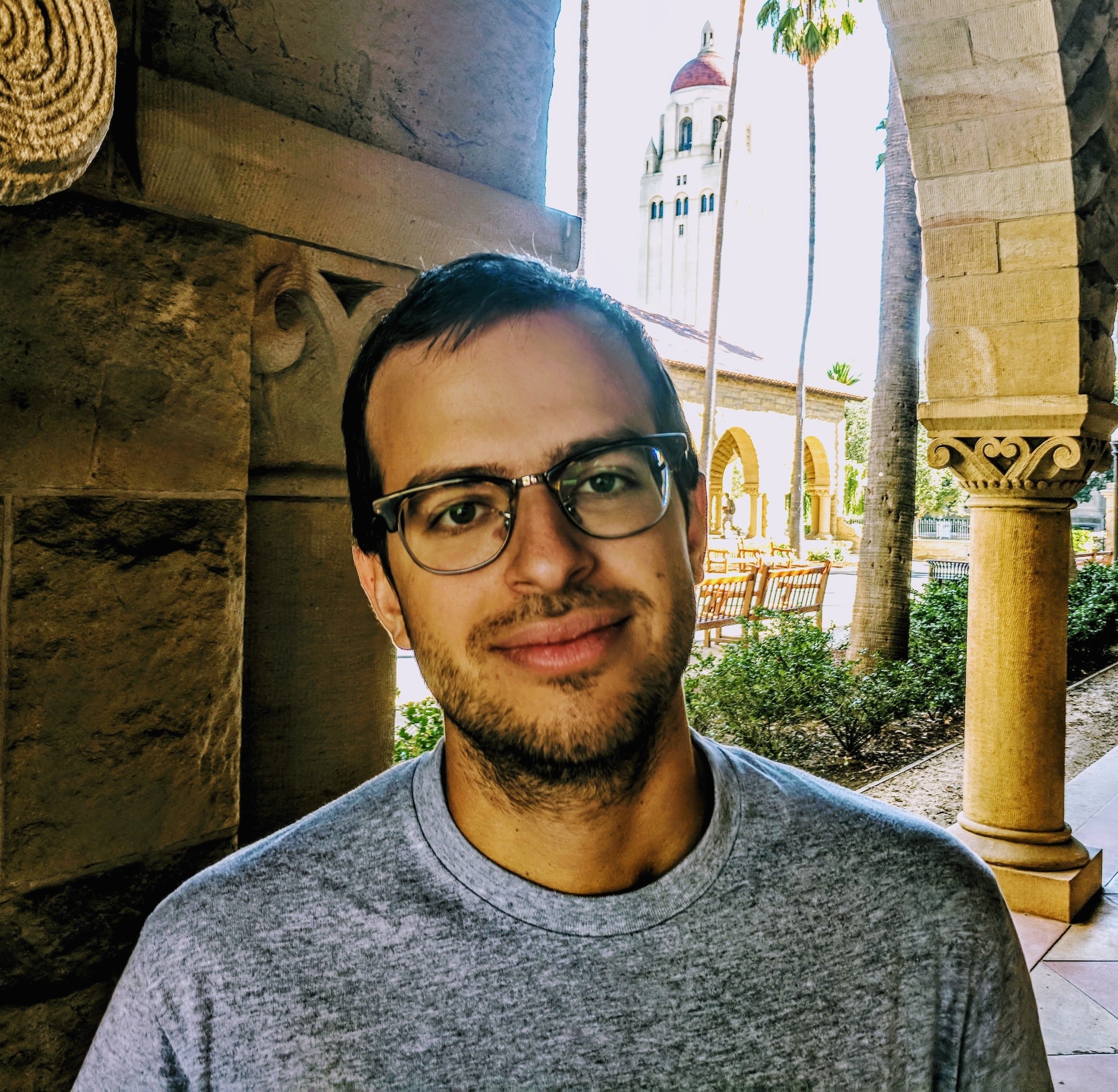Kostis Kaffes
Abstract
As the cloud grows and the post-Moore's Law era is here, it is imperative to continue scaling the performance and efficiency of modern systems. To achieve that, operating systems (OS) specialization is necessary as the one-size-fits-all approach of fundamental OS operations, such as scheduling, is incompatible with today's diverse application landscape. In this talk, I will first present Syrup, a framework that enables everyday application developers to specify custom scheduling policies easily and safely deploy them across different layers of the stack over existing operating systems like Linux, bringing the benefits of specialized scheduling to everyone. Then, I will discuss DBOS, a proposal for a radical redesign of the OS stack. DBOS argues in favor of storing all system state in a transactional database. That way, fundamental operations such as scheduling and inter-process communication can be implemented in a few lines of SQL code while having access to dramatically better analytics and provenance information than existing systems.
Bio
Kostis Kaffes is a software engineer at Google’s Systems Research Group. He is broadly interested in computer systems, cloud computing, and scheduling. He completed his Ph.D. in Electrical Engineering at Stanford University, advised by Christos Kozyrakis, where he focused on end-host, rack-scale, and cluster-scale scheduling for microsecond-scale tail latency. Kostis will be joining Columbia University as an Assistant Professor in July 2023.



